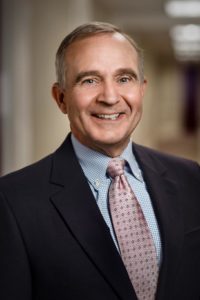Prescription Opioid Deaths Need Solutions Not Crime Scene Forensics
by Gregory J. Pepe
June 2, 2016As predicted, the world is being turned upside down for some people who may have been involved in some tangential way, to the overdose deaths of those either in their care or in their family.
In one instance, a doctor who prescribed an opioid medication for a patient was “interviewed” by police for four hours following the death of the patient’s friend of an opioid overdose. The doctor, who was initially confronted by police in his office, asked if he could come to police headquarters after his patient schedule was completed, and was told that the police would not accept that. When the doctor pushed back, the police consented, but the doctor went to the police station without legal counsel. Prediction: This same doctor will receive a visit from a DEA agent about the same matter.
In a second instance, a mother and father whose adult child died of a fatal overdose in their house were detained separately and questioned by police. At that time, the child’s cell phone and computer were taken by police, and the parents were asked to consent to a release of the internet usage by family members through the family’s internet account. Police were incredulous that neither parent knew the password for their child’s phone or computer … for the record I know neither of those passwords for my son’s devices. Again, neither parent had legal counsel present when they were questioned.
These are horribly sad cases which cry out for an understanding about how the country was allowed to unleash highly addictive substances on people seeking treatment for sometimes conventional treatment of pain. How did the FDA allow Purdue Pharma to rush these drugs to market with a simple promise that the “time-release” features of their drug formulations would prevent addition? How was Purdue Pharma allowed to continue selling these drugs in huge volumes after it became clear that they had created a culture of addiction? Despite the warnings of commentators in virtually all sectors of the health care continuum, how was the war against these drugs … effectively shutting out those addicted overnight….waged without a plan to treat the addicts? Is it any wonder that hundreds of thousands of those addicted to opioids have turned to heroin, with tens of thousands dying each day?
When things like this happen, our culture seeks out someone to blame. There is enough blame to go around on this topic…it is time for understanding and real solutions, not crime scene forensics.

